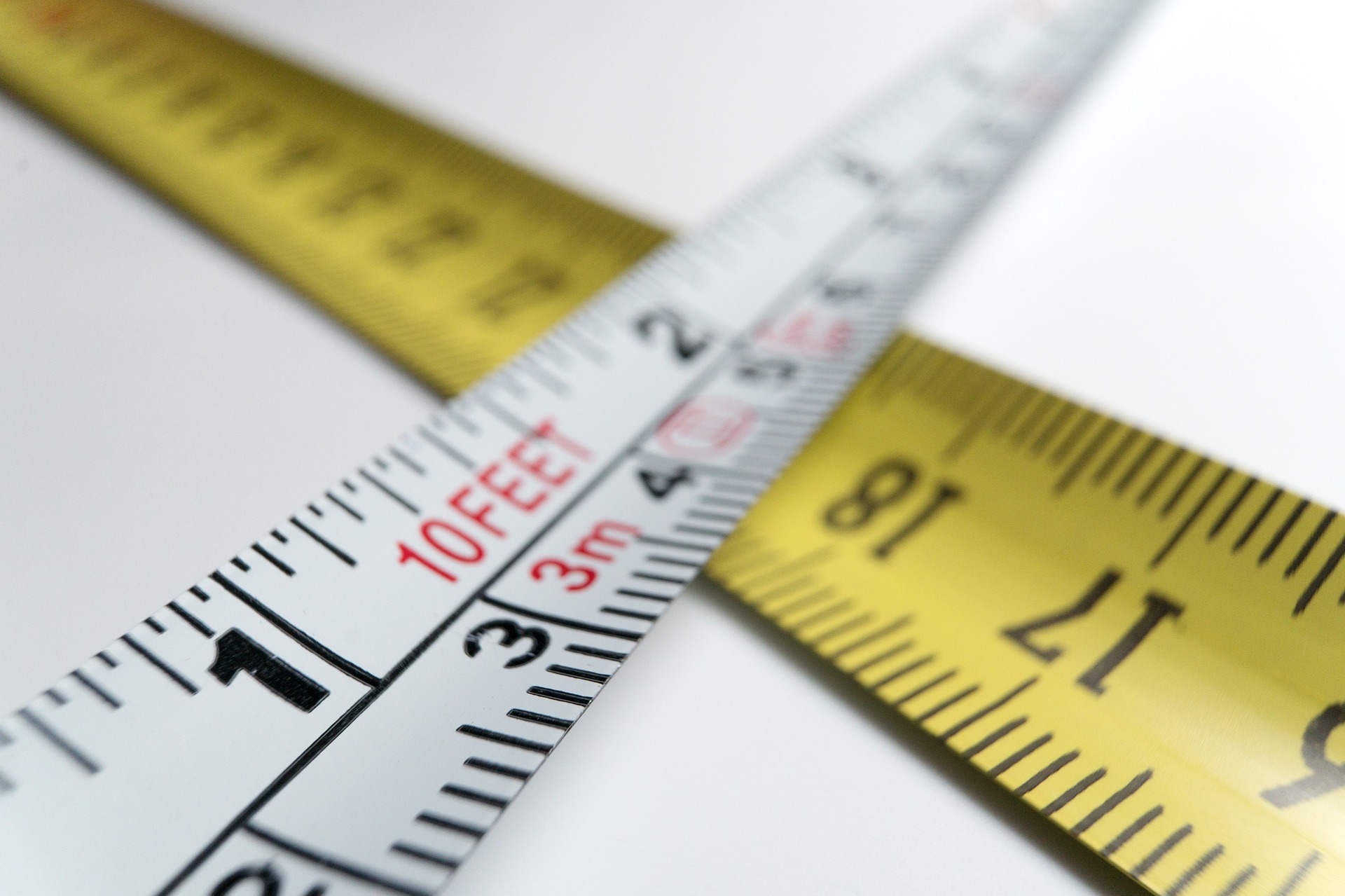Free Will from Incompleteness
Gödel’s second incompleteness theorem states that any sufficiently strong consistent system cannot prove its own consistency. Basically, there’s always some part of a system left that’s not provable or disprovable. For example, if you write a paragraph about itself, there’ll always be one sentence left that has to talk about itself or some codependency between sentences. Because of this, it cannot fully describe itself. Or, if you wish to measure everything in the universe, you’re left with a measuring device that must measure itself. It’s impossible for a complex system to be self-consistent. Even science is based on a few arbitrary statements that cannot be proven or disproven called the philosophy of science.
When an individual observes the universe, he can observe and conclude about nearly any part of it. However, the incompleteness theorem prevents him from making consistent conclusions about his own conclusion-making device, his brain, in the same way that a ruler can measure anything but itself.
Let’s assume the ruler can be manipulated by the environment in the same way our brain can. If it’s stretched or contracted through whatever interaction, it can’t tell. As far as it knows, it’s still 12 inches long. Instead, it would perceive every other object in the universe as changing in length.
Just like the ruler can’t perceive its changing length because it’s using itself to measure, we cannot perceive our own decision-making process because we’re using that subsystem to come to conclusions about itself.
This is how we perceive the sensation of free will. The environment modifies our brain in a clearly deterministic manner, altering our neural network in ways we are totally unable to perceive. We go out to remeasure the world around us and see that everything has changed. What’s going on? How can I stay constant while everything else changes radically?
This is exactly the mechanism at work when we misunderstand chaos. We think of the Butterfly Effect as giving us this incredible power over the universe¹. We think we can choose to move our hand and cause a tornado on another continent. We forget about the causality that shaped our brain and caused us to move our hand in that way. We no more caused the tornado by moving our hand than the formation of the earth caused it.
Because of the incompleteness theorem, our brains and the hypothetical ruler cannot perceive how they themselves are manipulated by the environment, but perceive radical change in the environment. We’re left with a hole in our understanding. Why does causality seem to apply to a billiard table yet not ourselves? Let’s bring the ruler back to simplify things once more. We concluded above that the ruler cannot detect when it’s stretched or shortened. However, it does see that everything else gets proportionally larger and smaller. It therefore reasonably concludes that it can manipulate the universe to change the length of objects.
Analogously, the halting of causality we perceive in ourselves is resolved by the creation of an odd sensation that we can freely manipulate the environment independent of its effect on us.
¹Sensitive dependence on initial conditions (the Butterfly Effect) is an element of deterministic chaos. Chaos is simply a tendency of deterministic systems to diverge much sooner than would be expected even with greater precision. It is not a magical, unpredictable randomness that comes from the netherworld.
